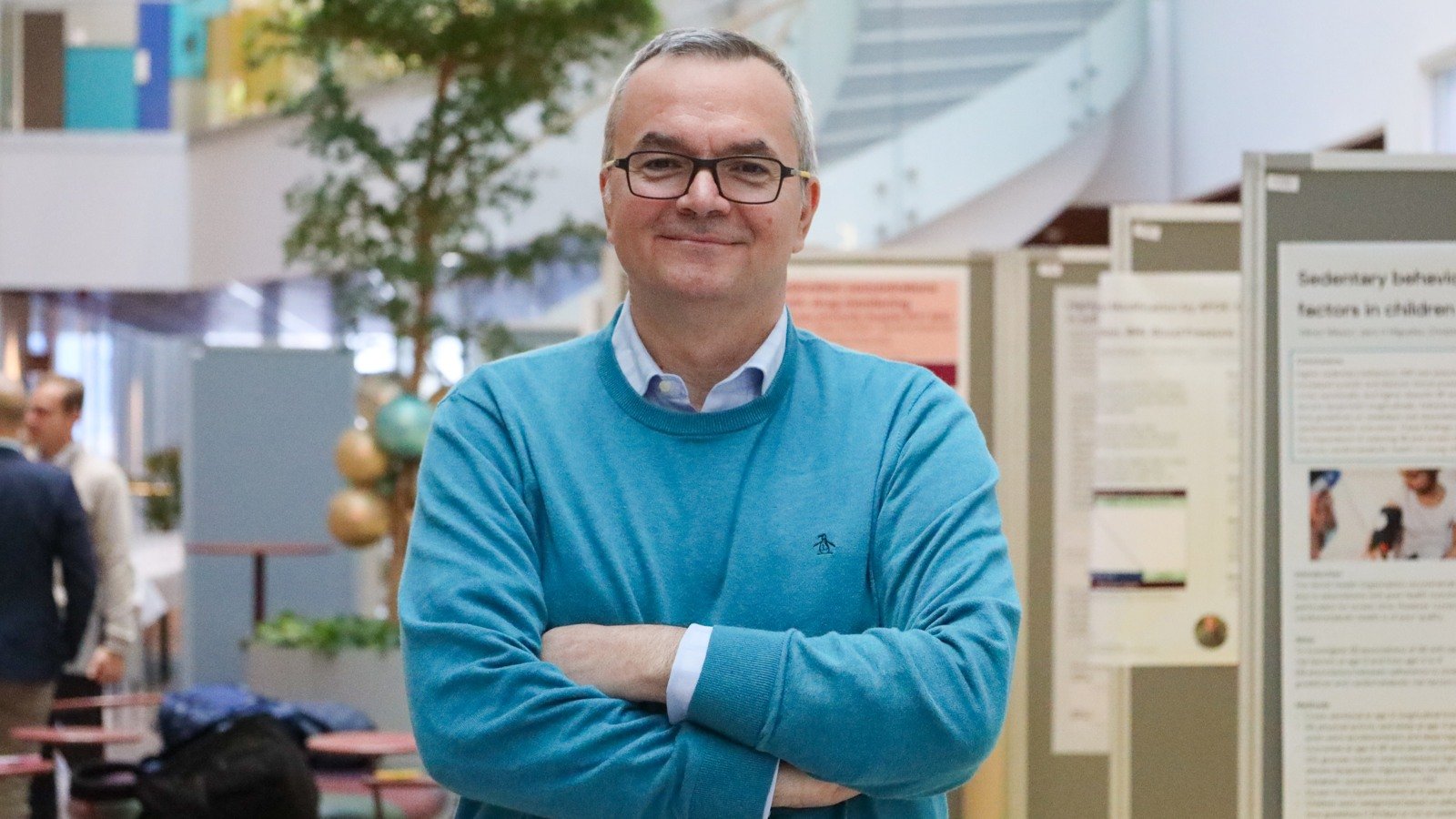Karolinska first in the Nordics with new program for advanced liver treatment ahead of transplantation

Karolinska University Hospital is the first hospital in the Nordics to launch a program for so-called ex vivo normothermic liver perfusion. This method keeps the liver alive and perfused in a machine outside the body, enabling organs to be preserved for longer periods while also allowing their function to be assessed prior to transplantation.
The new technology represents several important advances for transplantation care:
- More organs can be used. Organs previously deemed uncertain can be evaluated and, in many cases, approved for transplantation.
- Longer preservation time. Organs can be kept alive for up to 24 hours, reducing the need for emergency night-time surgeries, improving planning for complex transplant operations, and enhancing access to transplantation for patients.
- Better working environment. Surgeries can increasingly be scheduled during daytime hours, contributing to improved working conditions and more sustainable staff scheduling.
- Increased patient benefit. With more organs available for transplantation, the chances of saving lives increase.
This places Karolinska University Hospital among the leading transplantation centers in Europe. During the first two weeks of the program, five successful procedures were carried out, with machine preservation times of up to 20 hours – the first of their kind in the Nordics.
“This is a decisive step forward in the development of liver transplantation. With machine perfusion, we can both evaluate and improve organs before they are transplanted. This means that more patients will have access to life-saving treatment, while we also make better use of all available organs,” says Professor Gabriel Oniscu, senior consultant and program lead at Karolinska University Hospital.
“The introduction of this technology at Karolinska is an important milestone for both patients and staff. It enables safer planning of surgeries and contributes to a more sustainable working environment, while reinforcing the hospital’s role as one of Europe’s foremost transplantation centers,” says Alberto Falk-Delgado, Acting Manager Emergency and Reparative Medicine Theme at Karolinska University Hospital.
The program has been made possible thanks to close collaboration between transplant surgeons, operating room and anesthesia staff, perfusionists, coordinators, as well as support from research and development units, hospital management, and regional partners.
Text: Marcus Hagström